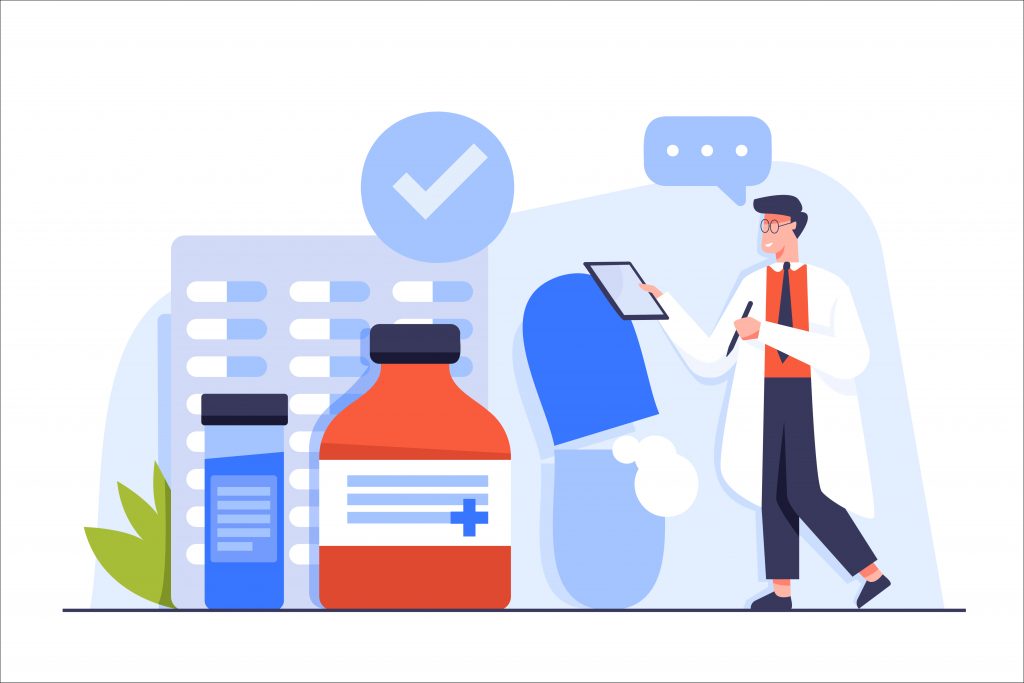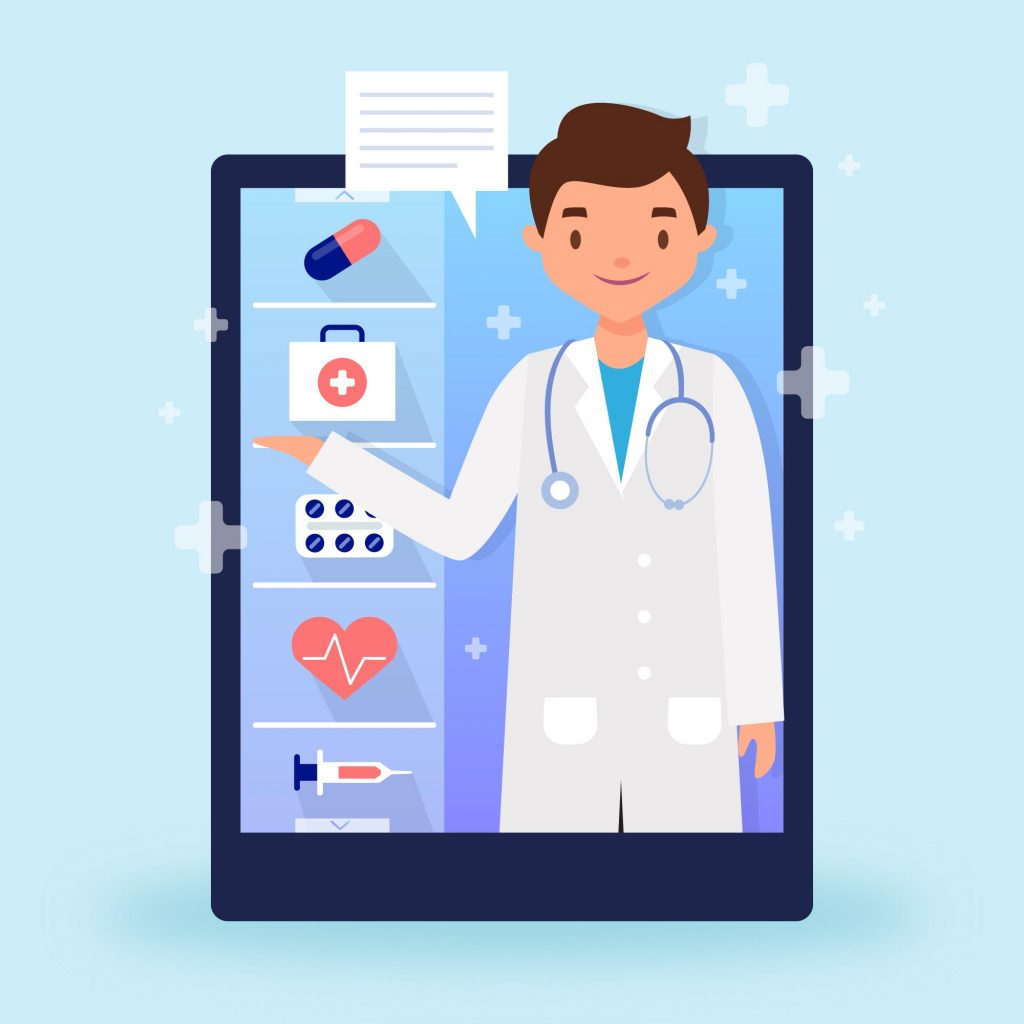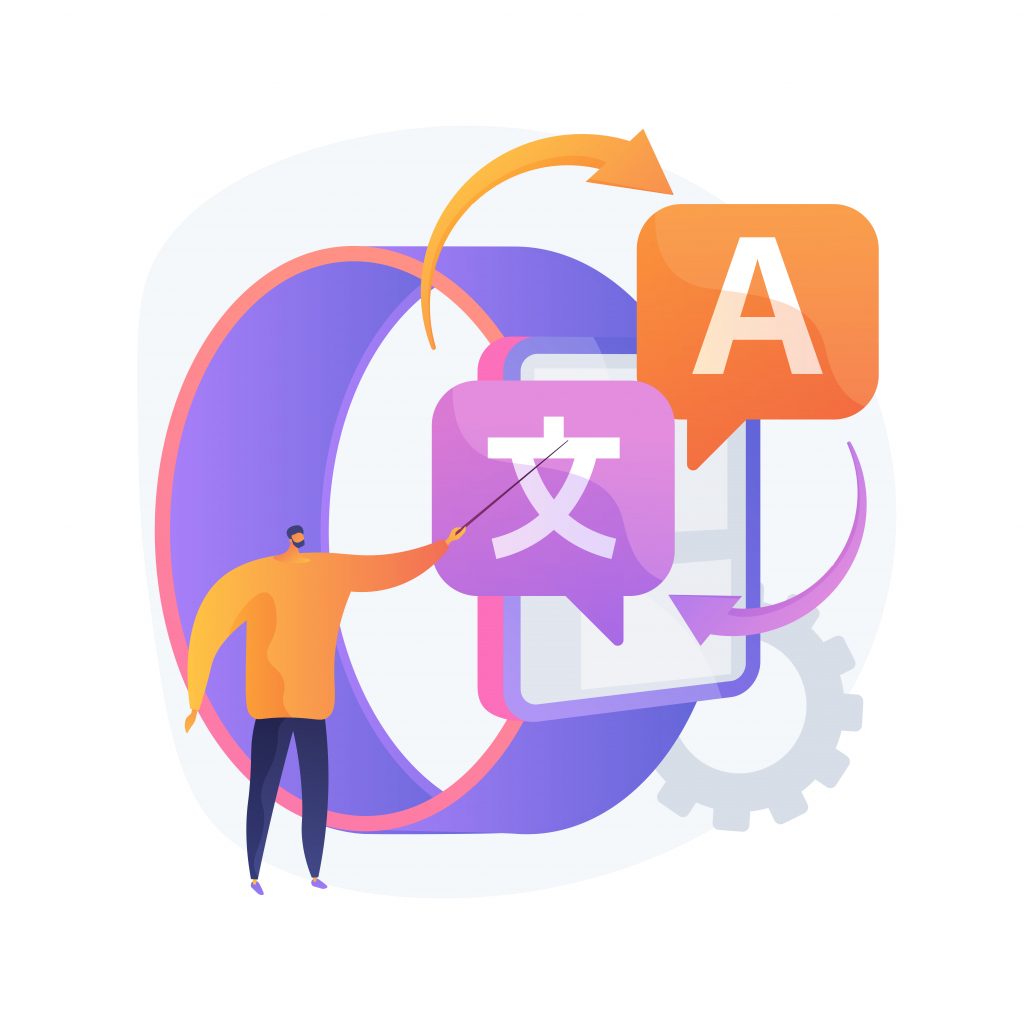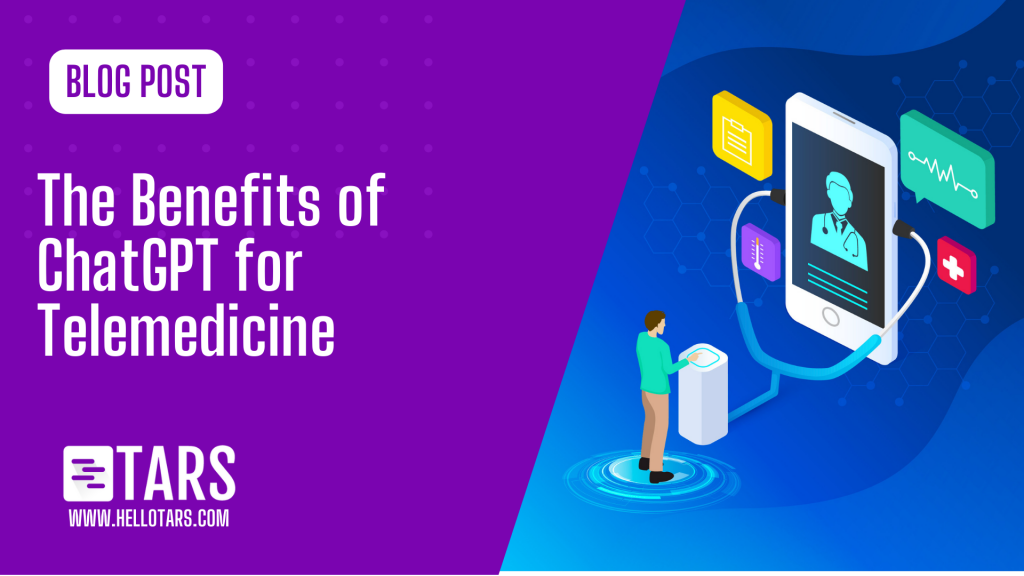ChatGPT is a highly powerful tool that has a plethora of use cases across multiple industries and telemedicine is definitely one of them.
In the recent years, telemedicine has become an essential part of the healthcare landscape, providing patients with the ability to receive medical care from the comfort of their own homes.
One of the most exciting developments in telemedicine is the use of chatbots to provide patients with instant responses to their healthcare queries.
ChatGPT is a cutting-edge chatbot developed by OpenAI that uses Artificial Intelligence deep learning to generate human-like responses to natural language queries.
In this blog, we’ll explore the benefits of ChatGPT in improving the telemedicine experience for both patients and healthcare providers.
The use of ChatGPT in medicine

ChatGPT has many potential applications in medicine:
🎯ChatGPT is a powerful tool that can generate human-like responses to natural language queries with the help of Natural Language Processing (NLP).
It can learn from large amounts of data and improve over time, becoming better at providing accurate responses to patient queries.
🎯ChatGPT can be integrated into medical platforms (websites, apps, etc.) platforms to provide patients with instant responses to their healthcare queries.
When a patient types in a question or symptom, ChatGPT analyzes the text and generates a response based on its database of knowledge.
This response can be customized based on the patient’s medical history and other factors.
🎯Helps to improve patient engagement and satisfaction, as patients can get answers to their questions quickly and easily.
🎯ChatGPT can also help to reduce the workload on healthcare providers by handling routine queries and allowing them to focus on more complex cases.
🎯ChatGPT can help healthcare providers to triage patients or provide a preliminary health assessment by providing instant responses to queries about symptoms and conditions. This can help to identify patients who require urgent care and prioritize their treatment accordingly.
🎯ChatGPT can also be used to provide patients with self-care advice for minor ailments, reducing the need for unnecessary consultations with healthcare providers.
Benefits of using ChatGpt for Telemedicine:
Patient interaction:
ChatGPT can be used to communicate with patients through chatbots or voice assistants, providing a more personalized and convenient experience. Patients can ask questions about their symptoms, medications, and other health concerns, and ChatGPT can provide accurate and reliable information in real-time.

Diagnosis and treatment recommendations:
ChatGPT can assist healthcare professionals in diagnosing and treating patients by analyzing patient data, such as medical history, symptoms, and test results. It can then provide treatment recommendations based on the latest medical research and guidelines.
Electronic health record (EHR) management:
ChatGPT can help streamline the EHR management process by automatically updating patient records with relevant information, such as test results and treatment plans. This can save healthcare professionals time and reduce errors in the EHR system.
Medical education and training:
ChatGPT can be used to train healthcare professionals in various medical fields by providing them with the latest research, clinical guidelines, and case studies. This can help improve the quality of care provided to patients and reduce medical errors.
Language translation:
ChatGPT can help bridge the language barrier in telemedicine by providing translation services for patients who speak different languages. This can help improve access to healthcare services for underserved communities.

ChatGPT can aid Medical research:
ChatGPT can assist medical researchers in analyzing large volumes of data, such as electronic health records, clinical trials, and medical literature. This can help identify trends, patterns, and potential treatments for various diseases.
Patient education:
ChatGPT can provide patient education materials, such as videos, infographics, and articles, to help patients better understand their health conditions, medications, and treatment plans. This can help improve patient outcomes and reduce hospital readmissions.
In conclusion, ChatGPT is a powerful tool that can revolutionize the telemedicine experience for both patients and healthcare providers.
Looking for a Chat-GPT powered chatbot to supercharge your healthcare business? Let us help.
Book a free demo with us and one of our in-house experts will personally walk you through the entire process and answer your queries.

My name is Vinit Agrawal and I am the Founder and CTO of Tars. I have been working on the Tars Chatbot Builder since 2015 and my core strength is in building software products with simple and functional user experiences focusing on bringing some core business results. My current role in the company is a mix of Product Manager, Engineering Manager and in Business & Marketing Strategy.

0 Comments on "The Benefits of ChatGPT for Telemedicine"